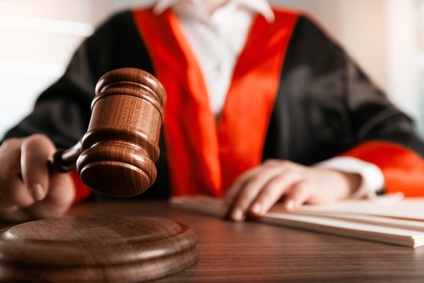
The moral of the story is… if you do not turn up at court, you do not get heard. According to CPR 39.3(3), courts have the authority to proceed with the trial even when one of the parties do not attend. So when your lawyer tells you that your attendance is mandatory, you may want to take that advice. However, if you have strong mitigating circumstances, you will find that CPR 39.3(3) provides an extremely helpful solution. Let’s assume that during your absence, the court gives judgment or makes an order against you. In this case, you can make an application under CPR 39.3(3) to apply for judgment or to set aside the order. An application will likely be successful if these two points are satisfied – First, you act promptly and second, you provide concrete evidence that justifies that you had good reasons not to show up.
What ‘good reasons’ will the court accept? Medical conditions may presumably satisfy the court. In Levy v Ellis-Carr [2012] EWHC 63 (Ch), Norris J provided that a starting point concerns the nature and extent of the evidence that justifies the non-attendance at trial. The judge highlighted that the presence of a competent doctor that explains in detail the medical condition, such as features and a reasoned prognosis, and is an independent opinion on the graveness is sufficient. The rationale for this is to prove that this condition undoubtedly prevents the patient’s active participation in the trial. However, remember that a court is not obliged to accept or attach any type of expert opinion to the case. This is due to the fact that a court will always have the power and discretion to decide how much weight to give to expert evidence and whether it gives grounds to an adjournment. So if you are thinking about not attending, you better be suffering from something more than just the flu.
Some courts will be more flexible than others when accepting what a ‘good reason’ is. In TBO Investments Ltd v Mohun-Smith and another [2016] EWCA Civ 403, it was established that an application under CPR 39.3(3) should not be ‘overly rigorous’ with the evidence and mitigating circumstances. Some courts have criticised the strict position in Levy based on the fact that it does not reflect the reality in the busy medical industry. The case of Emojevbe v Secretary of State for Transport [2016] EWCA Civ 1165 pointed out the fact that a full medical report is not necessarily the fastest or the easiest to get over night. For this reason, King LJ preferred the approach taken in Bank of Scotland v Pereira and others [2011] EWCA Civ 241 as it supported the position that a ‘sensitive’ reason is required but medical conditions should not be scrutinised by courts.
In light of the above, it seems that Levy is not the absolute precedent when applying CPR 39.3(3) and that it arguably conflicts with Pereira. As seen in Emojevbe, some courts will sympathise with litigants and may be in favour of considering the hectic agendas of the GPs in this country and will reflect on the difficulties when obtaining an expert’s report. Nevertheless, our advice is better to be safe than sorry. Unless you have an outstanding motive to be absent, we encourage you not to do so.
For further information and a free-of-charge initial consultation regarding this topic or any other Litigation matter, please contact Ms Joy Akah-Douglas – Department Head & Solicitor-Advocate; Paula Bayona – Legal Assistant, or any of our Hillary Cooper Law Team.